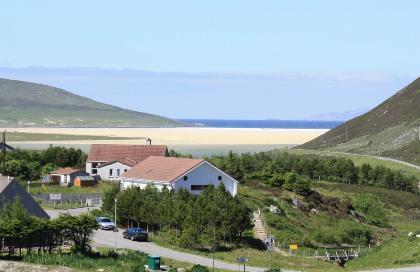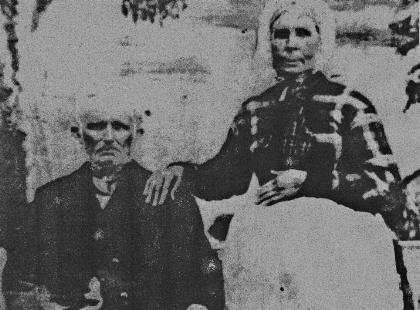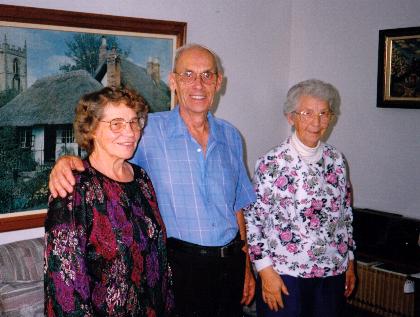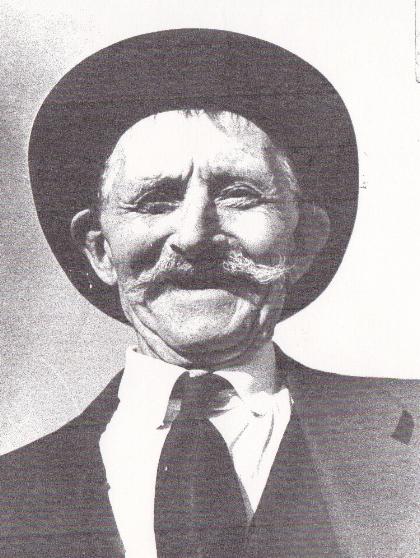|
Seallam! emigration research
 |
A 3 year study by Seallam! Visitor Centre in Northton in South Harris in to emigration from the Hebrides
is the most detailed study of emigration ever carried out on islands which have experienced changes in population from early
times to the present day. The three year Ł96,000 programme was funded by the Heritage Lottery Fund, HIE, Comhairle nan Eilean
Siar, Cardrona Charitable Trust, Hugh Fraser Foundation, North Harris Trust, Gannochy Trust and the Russell Trust. The main
aims were to digitise emigration information researched and collected over forty years by Bill Lawson, Genealogist, Author
and Historian, and to make this information available to people interested in the history of the islands. In the course of
the programme 20,774 emigrants were identified in the period from 1700 to 1900, although many early emigrants were documented.
(For example, Aud the Deep Minded, born in 834AD, wife of the King of Dublin, and daughter of Ketil Flatnose, who as a widow
set off from the Hebrides to Iceland where she joined her brother, Bjorn Ketilsson, and made her home at Hvamm)
Around
1,500 papers, letters, photographs, books and maps relating to emigration were also catalogued in digital form by Alan Brodie.
No stranger to large scale data gathering, he had previously conducted a detailed inventory of furniture, paintings and drawings
at the Palace of Westminster.
As part of the programme Bill Lawson compiled the exhibition, Na h-Eilthirich, which
was opened by Alex MacDonald, Convenor of Comhairle nan Eilean Siar, in July 2009, and was part of the Year of Homecoming
celebrations. Mr MacDonald’s parents were emigrants to Patagonia, which is where he was born before the family returned
to Lewis. Part of the exhibition was exhibited in the new Scotland’s People Centre in Edinburgh in the summer of 2009.
It will continue to be displayed in Seallam! throughout 2010.
Bill Lawson explained, “the main methodology employed
has been to identify families who disappear from the extensive data-base already compiled for island families within that
period, and to research sources in the main emigrant areas overseas to find them in their areas of settlement. This has been
done by consulting census records, cemetery records and many written sources in the settlement areas, along with ship’s
passenger lists, where available. A vast amount of information has also been derived from the correspondence we have had with
overseas genealogical clients over many years."
|
 |
Emigration summary
Bill continues, “In most cases we have been able to identify the emigrants,
date of birth (at least approximately), spouse and parentage, together with details of the parish and township they left,
and the state/province, county and township of settlement. In some cases the emigrant ship has also been identified.
We
have traced details of 20,774 emigrants by name, in addition to which we are aware of many other unnamed and therefore usually
untraceable emigrants who left in the 1770s, such as the unnamed 831 emigrants who left Lewis for Pennsylvania in 1772-73,
according to a Government report of the time.
The origins of known emigrants are as follows;
Lewis 4484
Harris
2618
Uist 9055
Barra 2741
n/k 1876
Most of those in the “not known” category are in settlements of
Uist and Barra people, but we do not know as yet which was their particular origin.
This chart shows where they settled;
Australasia
1039
Canada
Prairies 944
Ontario 3720
Quebec 1849
Maritimes 6825
America 219
Misc 4631
n/k 1547
Total
20774
The figure under the “not known” will include many emigrants to Prince Edward Island in the Canadian
Maritimes, where poor records make it difficult to establish where the emigrants settled.
As research continues, more
information will be found on emigrants and their settlement, and these can be added to the database. Our current project in
progress is to put the database online.
The emigration digital records have become a valuable part of the Co Leis Thu?
Archive which in digitised form has reached the figure of 250,000 documented records for the whole of the Hebrides.”
|
 |
|
 |
|
|
|
|
|
|
|
|
|
|
|
|
|

|



